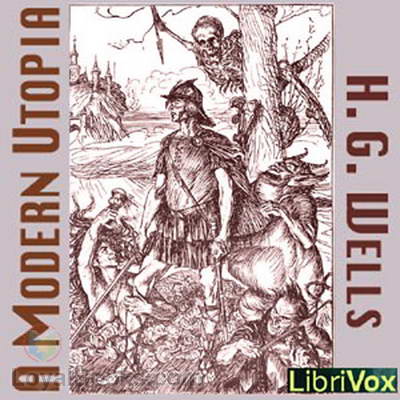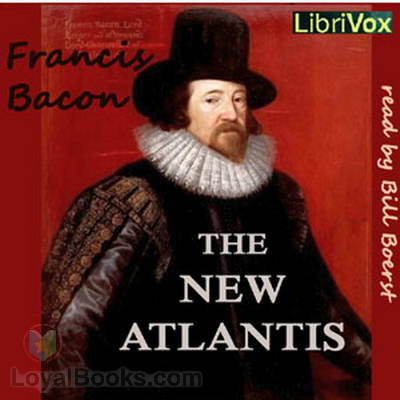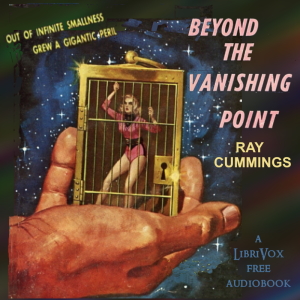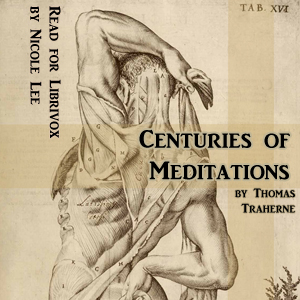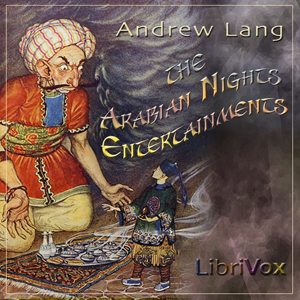Description
By: H. G. Wells (1866-1946)
A Modern Utopia by H. G. Wells is a thought-provoking novel that explores the idea of a perfect society. In this utopian world, Wells creates a society in which all aspects of life are carefully controlled and planned in order to achieve maximum happiness and efficiency.
The novel offers a detailed and intricate vision of this utopian society, with Wells laying out the rules and structures that govern every aspect of life, from education and work to personal relationships and leisure activities. The result is a fascinating and compelling portrait of a world that is both idealized and deeply flawed.
One of the most striking aspects of A Modern Utopia is Wells’ exploration of the complexities and contradictions inherent in any attempt to create a perfect society. As the characters in the novel navigate the challenges and dilemmas that arise in this controlled environment, Wells raises important questions about the nature of freedom, individuality, and human nature itself.
Overall, A Modern Utopia is a thought-provoking and challenging read that will leave readers pondering the possibilities and pitfalls of a truly ideal society. Wells’ vivid imagination and sharp wit make this novel a compelling and engaging exploration of the utopian dream.
Book Description:
H. G. Wells’s proposal for social reform was the formation of a world state, a concept that would increasingly preoccupy him throughout the remainder of his life. One of his most ambitious early attempts at portraying a world state was A Modern Utopia (1905). A Modern Utopia was intended as a hybrid between fiction and ‘philosophical discussion’. Like most utopists, he has indicated a series of modifications which in his opinion would increase the aggregate of human happiness. Basically, Wells’ idea of a perfect world would be if everyone were able to live a happy life. This book is written with an intimate knowledge of former ideal commonwealths and is a conscious attempt to describe a utopia that is not utopian.

